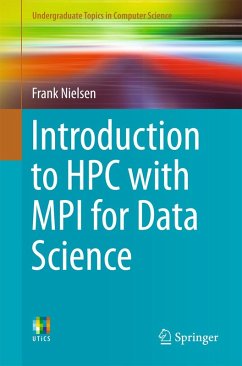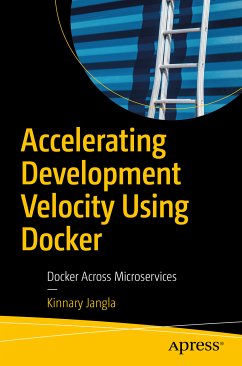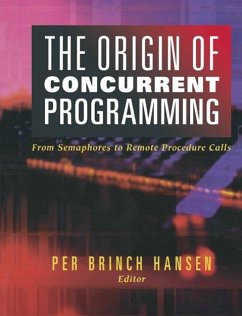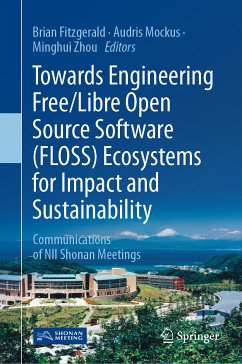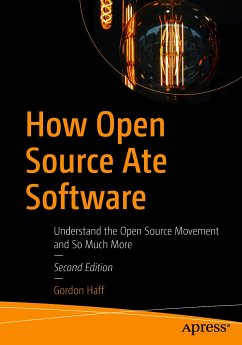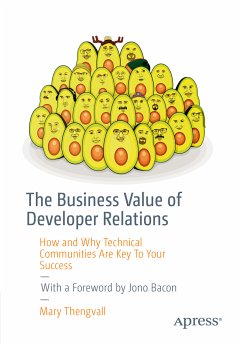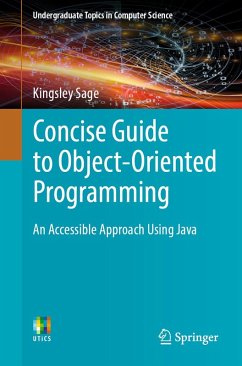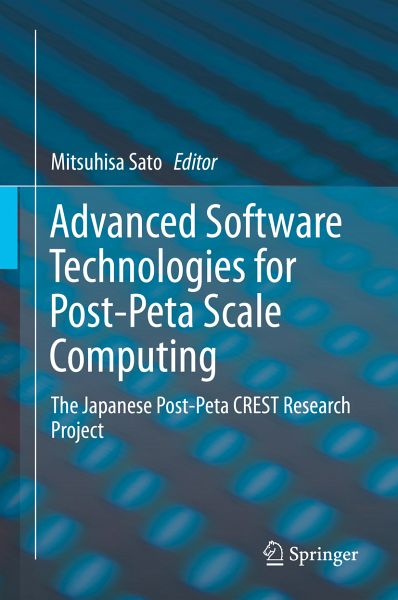
Advanced Software Technologies for Post-Peta Scale Computing (eBook, PDF)
The Japanese Post-Peta CREST Research Project
Redaktion: Sato, Mitsuhisa

PAYBACK Punkte
36 °P sammeln!
Covering research topics from system software such as programming languages, compilers, runtime systems, operating systems, communication middleware, and large-scale file systems, as well as application development support software and big-data processing software, this book presents cutting-edge software technologies for extreme scale computing. The findings presented here will provide researchers in these fields with important insights for the further development of exascale computing technologies.This book grew out of the post-peta CREST research project funded by the Japan Science and Tech...
Covering research topics from system software such as programming languages, compilers, runtime systems, operating systems, communication middleware, and large-scale file systems, as well as application development support software and big-data processing software, this book presents cutting-edge software technologies for extreme scale computing. The findings presented here will provide researchers in these fields with important insights for the further development of exascale computing technologies.
This book grew out of the post-peta CREST research project funded by the Japan Science and Technology Agency, the goal of which was to establish software technologies for exploring extreme performance computing beyond petascale computing. The respective were contributed by 14 research teams involved in the project.
In addition to advanced technologies for large-scale numerical computation, the project addressed the technologies required for big data and graph processing, the complexity of memory hierarchy, and the power problem. Mapping the direction of future high-performance computing was also a central priority.
This book grew out of the post-peta CREST research project funded by the Japan Science and Technology Agency, the goal of which was to establish software technologies for exploring extreme performance computing beyond petascale computing. The respective were contributed by 14 research teams involved in the project.
In addition to advanced technologies for large-scale numerical computation, the project addressed the technologies required for big data and graph processing, the complexity of memory hierarchy, and the power problem. Mapping the direction of future high-performance computing was also a central priority.
Dieser Download kann aus rechtlichen Gründen nur mit Rechnungsadresse in A, B, BG, CY, CZ, D, DK, EW, E, FIN, F, GR, HR, H, IRL, I, LT, L, LR, M, NL, PL, P, R, S, SLO, SK ausgeliefert werden.





